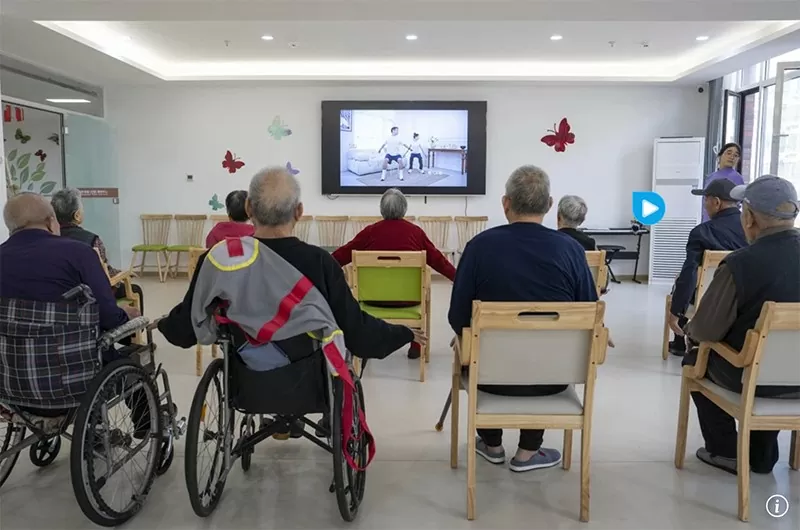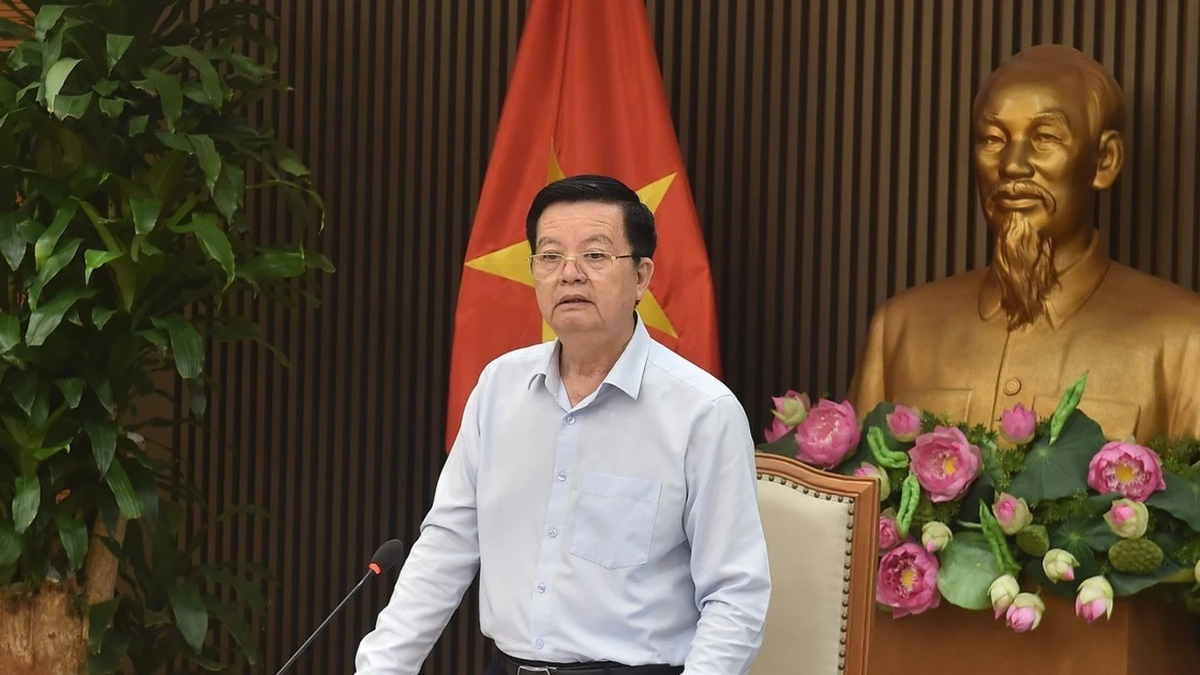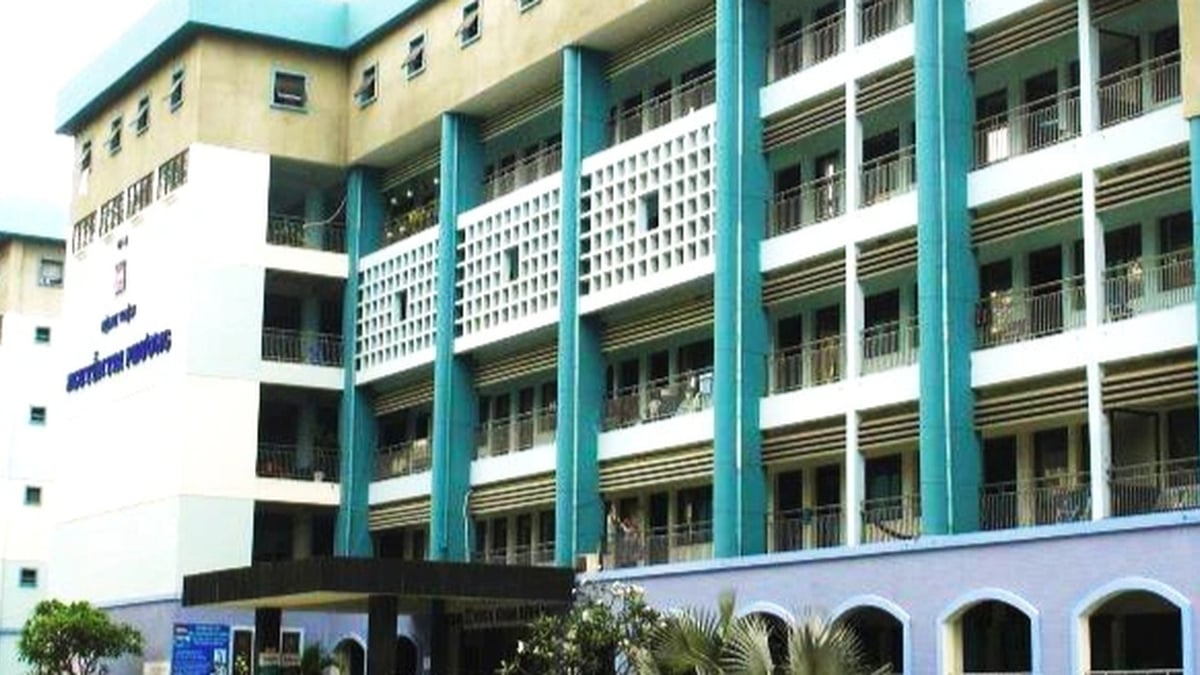Chinese doctors say the cost is affordable and 60-80% of Alzheimer's patients can be cured.
 |
The information published by SCMP today has raised hope that this could be a turning point for people suffering from this disease.
The surgical method, which involves making four small incisions in the patient's neck, has been performed on hundreds of patients at top public hospitals across China.
The cause of Alzheimer's disease is still unknown, but one theory is that the deposition of a substance in the brain called beta-amyloid may cause the death of nerve cells, accelerating the onset and progression of the disease. This is the idea that led to the development of the treatment described in this article.
The procedure, called a “lymphatic-venous anastomosis” (LVA), connects the patient’s lymphatic vessels to veins near the neck, speeding up the flow and drainage of lymph fluid, which doctors believe may promote the removal of harmful proteins, including beta-amyloid, from the brain, thereby slowing the progression of Alzheimer’s.
The results have so far attracted media attention. A local newspaper in the eastern Chinese city of Hangzhou reported last month that a 68-year-old woman underwent surgery at the Westlake University-affiliated Hangzhou No. 1 People's Hospital and that her cognitive abilities had improved a week later.
In early November, the southwestern Chinese city of Chongqing also reported that it had completed its first surgery for Alzheimer's disease, performed by a neurosurgery team from the First Affiliated Hospital of Chongqing Medical University.
In a series of videos posted on social media last month, Cheng Chongjie, a doctor from the Chongqing team, said the surgery worked for more than half of the patients.
According to Dr. Cheng Chongjie, two domestic medical centers have performed hundreds of LVA surgeries and the results show that the procedure is effective for 60 to 80 percent of patients,” but the effectiveness varies widely, with about 30 percent of patients not experiencing relief.
However, Dr. Cheng encourages patients to consider surgery because it is a relatively non-invasive procedure, and even if surgery is ineffective, it does not have a major impact."
In addition, the treatment does not pose a huge financial burden. Cheng said the surgery cost less than $6,900, and the cost to the patient is even less after being covered by China's national health insurance.
In April, Shanghai No. 9 People's Hospital launched a clinical trial to test this surgical treatment.
Speaking to The Paper, the hospital's top surgeon Zhang Yixin said nearly 30 patients had undergone the surgery and "everyone's symptoms are improving" - albeit to varying degrees.
"This depends on how many good functioning neurons are left in the brain," Zhang said, adding that since nerve cell damage caused by harmful proteins is irreversible, surgery will not bring significant improvement if the brain has already been damaged too much.
In June, a team of clinical experts from several institutes in Shanghai reported that six people who received the treatment showed small improvements, particularly in attention and reaction time. The findings were published in the journal General Psychiatry.
The study, led by Li Xia of Shanghai Jiao Tong University School of Medicine, noted that the positive results in the first case suggest that "this innovative procedure may become an important new approach in the prevention and control" of Alzheimer's disease.
However, some in the field have also expressed skepticism about the surgery. In a social media post last month, Zhu Jianhua, a neurologist in the United States, dismissed the surgery, saying it was “impossible” to treat, let alone cure, mid- to late-stage Alzheimer’s disease.
He gives two reasons. First, the procedure cannot remove all the harmful proteins because there are three membranes surrounding the brain and only the outermost membrane has a lymphatic system, meaning there are still two barriers between the outer membrane, called the dura mater, and the brain matter.
Additionally, according to Dr. Zhu Jianhua, amyloid protein is not the only factor that leads to Alzheimer's disease, so removing this additional protein will not make a big and immediate difference in treating the disease.
The neurologist said he had mixed feelings about the popularity of the therapy in China. He also worried that Chinese doctors were not rigorous in treating brain disorders in humans, which could lead to physical and financial harm to patients.
Dr. Cheng in Chongqing admitted that the mechanism of LVA treatment “is still not completely clear at present.” He stressed that further improvements in the treatment process are still needed.
Shanghai surgeon Zhang also cautioned that he did not want to overstate the effectiveness of the surgery. He said the surgery could not restore the patient's level of consciousness to normal and the long-term effects had yet to be seen.
“The longest follow-up period [in the trials] right now is only seven or eight months, and we need to collect longer follow-up evidence and larger sample sizes to confirm its efficacy,” Zhang said.
Alzheimer's disease – the leading cause of dementia – is a brain disorder that gradually destroys memory and thinking skills, and eventually the ability to perform the simplest tasks.
Of the more than 55 million people worldwide with dementia, an estimated 60 to 70 percent have Alzheimer's disease. In the United States, about 6.9 million people aged 65 and older are living with the disease.
In the more than a century since Alzheimer’s disease was first described, little progress has been made in developing drugs to treat the disease. Although several new drugs approved in recent years may slow the progression of cognitive decline in early-stage patients, the disease is still not curable.
Source
























![[Photo] National Assembly Chairman attends the seminar "Building and operating an international financial center and recommendations for Vietnam"](https://vphoto.vietnam.vn/thumb/1200x675/vietnam/resource/IMAGE/2025/7/28/76393436936e457db31ec84433289f72)












































































Comment (0)